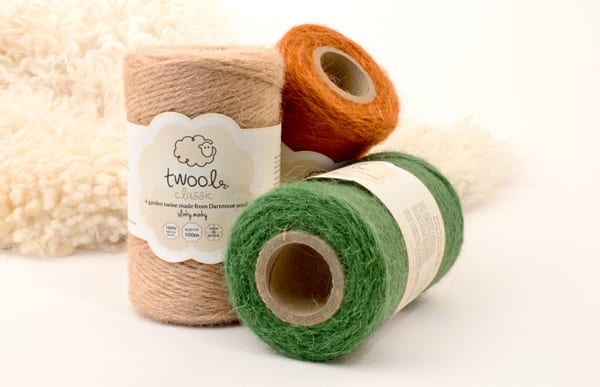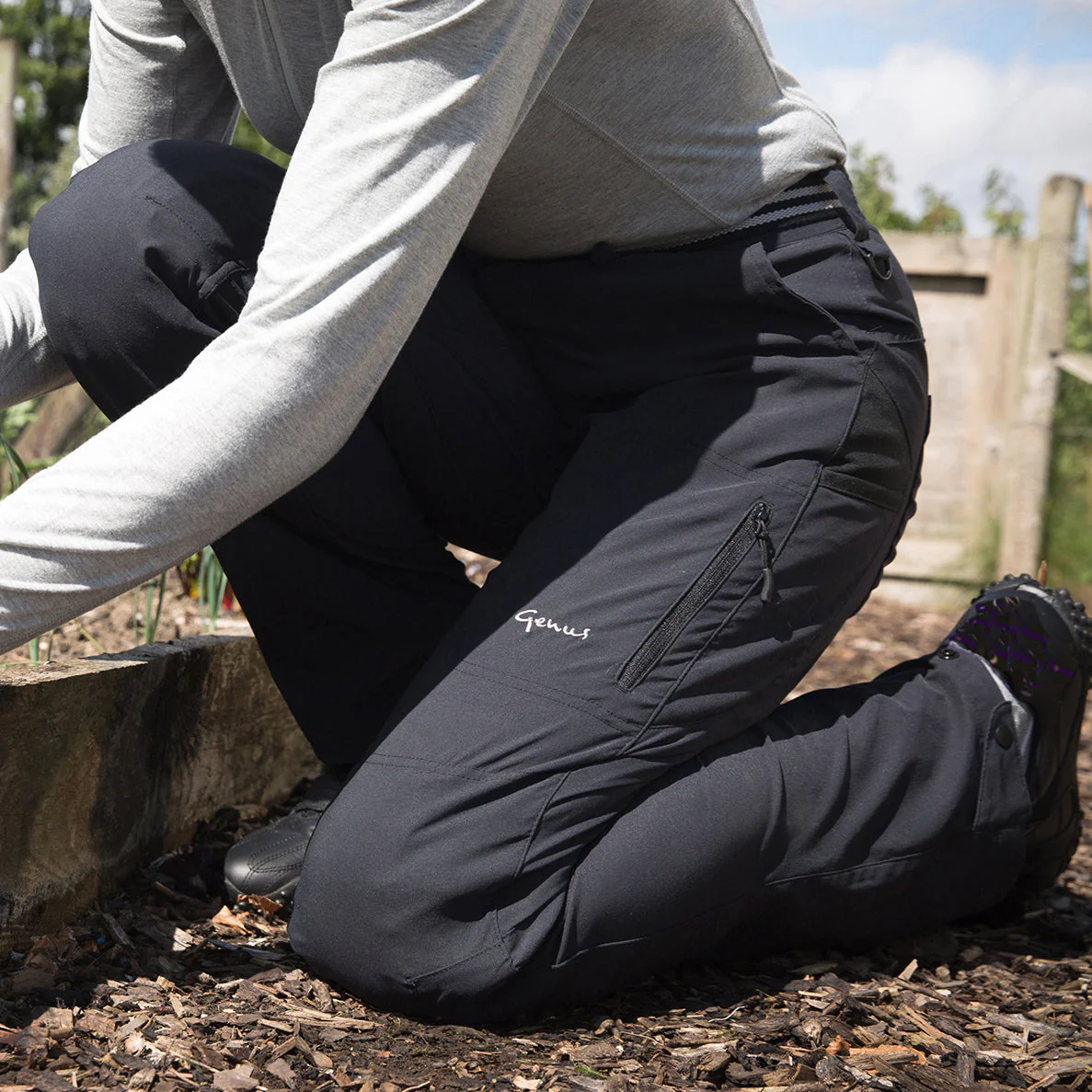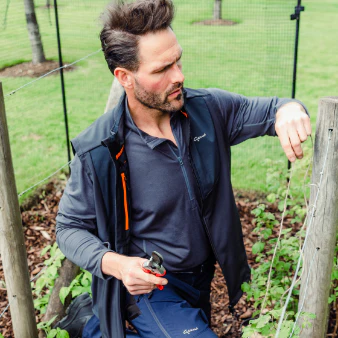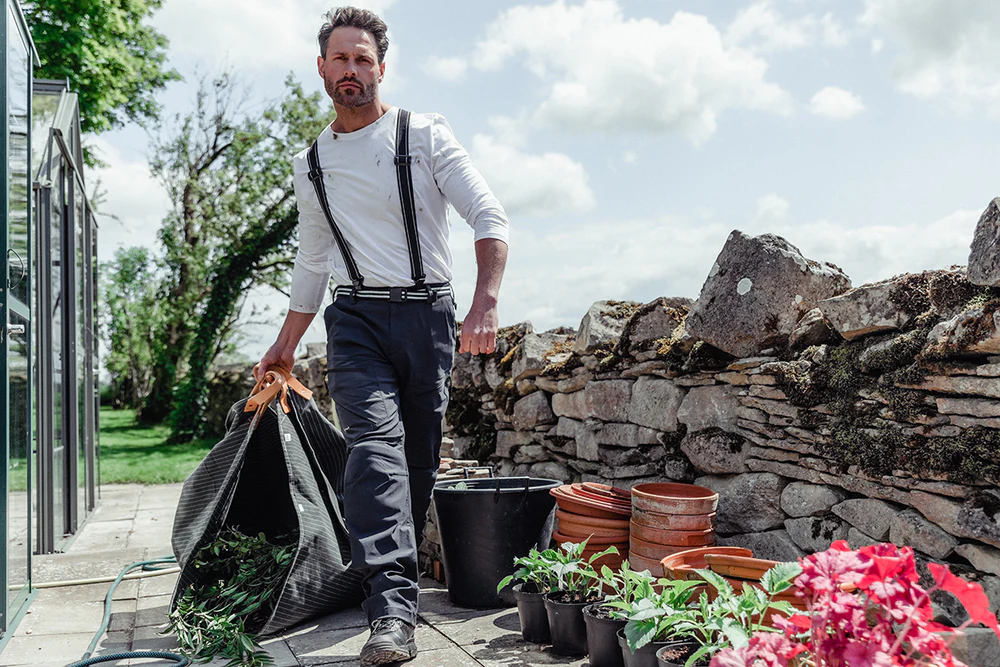Technology in the garden - Eco twine

Gardeners use a lot of twine at this time of year for making pea and bean wigwams, tying in young stems and marking out lines for seed sowing. If you want to make your garden more sustainable, using eco twines made from natural or organic ingredients instead of plastic is a step in the right direction.
One option is twine made from jute, which like cotton, is made from vegetable fibre, so is biodegradable and can be recycled. Many different brands are available such as Nutscene. The downside though is the environmental footprint, as the UK imports jute from Asia.
An alternative to this is Twool, the only home grown British garden twine, made in Devon from 100% wool, from Dartmoor sheep. It’s a natural, renewable, strong, durable and biodegradable alternative to imported jute twine. Inspired by moorland flora. The range of colours is gorgeous, from a lovely aubergine coloured ‘Purple Pea’ to a terracotta orange ‘Sunflower’ that’ll complement flowers and plants. Like Jute, when a crop like French or runner beans have finished, you can rip down the whole plant string at the end of the season and put it straight into the compost heap, so it’s time saving too.











